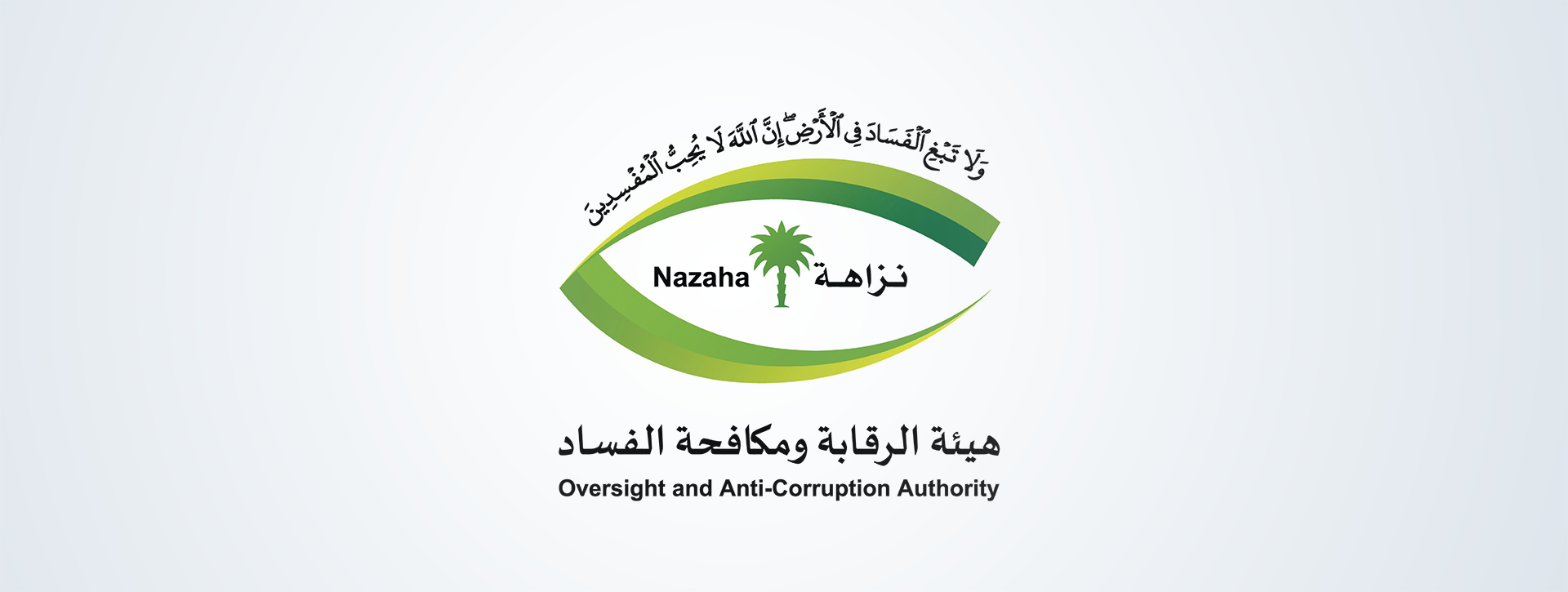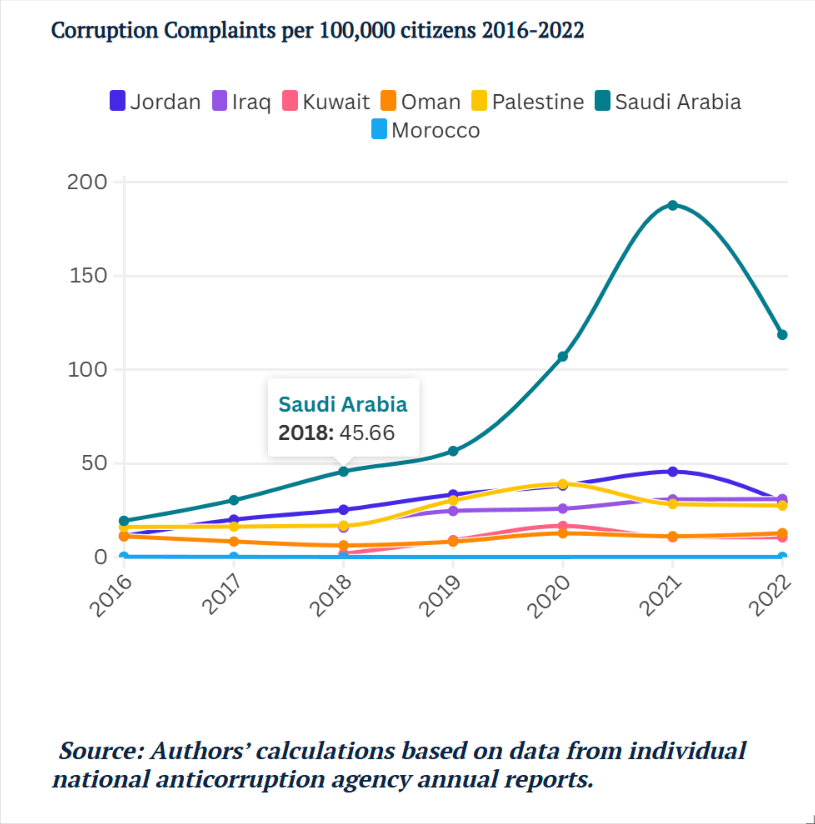With ‘International Anti-Corruption Day’ just observed on December 9th, Oumeyma Chelbi and Robert P. Beschel Jr. examine Saudi Arabia’s anti-corruption drive for the Middle East Council on Global Affairs.
The SUSTG Review recommends The Saudi Anticorruption Drive Moves Beyond Frying a Few Big Fish published by the Middle East Council on Global Affairs and authored by Oumeyma Chelbi and Robert P. Beschel Jr.
The authors note that Saudi Arabia’s anti-corruption campaign goes much deeper than the 2019 detentions and arrests of hundreds of high-profile Saudi figures in 2019 on charges of money laundering, bribery and extortion, among other things.
“The crackdown spurred charges of politicization and the use of corruption allegations as a weapon to go after political rivals. It was also criticized for the “lack of due process” and the “out-of-court” nature of the settlements. Nevertheless, the clampdown appears to have resonated with segments of Saudi society, for whom corruption has long been a scourge. In the seven years that have passed, the kingdom’s anticorruption effort has continued to develop and evolve, underscoring that the controversial episode was not a one-off event but the initial salvo in a broader and more sustained effort to combat corruption and illicit gain.”
While prosecutions of high-profile officials have continued including the head of the Royal Commission for Al-Ula and Saudi Arabia’s former public security chief, Saudi Arabia is making extensive efforts to target petty corruption, as well.
Saudi Arabia’s lead anti-corruption entity, the Oversight and Anti-Corruption Authority (Nazaha), was established in 2011. In 2013 the kingdom officially ratified the United Nations Convention against Corruption, which it had originally signed in 2004.
First enacted in 1992, Saudi Arabia’s anti-bribery law was ratified in 2018 and extended later in 2021 to incorporate both the private and non-governmental sectors.
“Nazaha has ramped up its operations, clamping down on public servants. Currently, Saudi civil servants face the highest risk of prosecution for corruption related crimes within the Middle East. According to our recent analysis drawing on data from national anticorruption agencies, the annual risk of a Saudi civil servant being sanctioned or prosecuted for corruption is approximately one in 658—a figure that compares favorably with Hong Kong (1:845) and Singapore (1:1,000). KSA ranks well ahead of other MENA countries on this metric, such as Jordan, where the risks are one in 1,251; Palestine (1:4,839); and Kuwait (1:66,267). “
The Saudi Anticorruption Drive Moves Beyond Frying a Few Big Fish, Middle East Council on Global Affairs
The International Anti-Corruption Day, observed annually on December 9, carries this year the theme “Uniting with Youth Against Corruption: Shaping Tomorrow’s Integrity”. It aims to raise awareness about the dangers posed by corruption and emphasize the importance of local and global collaboration to combat it. It also highlights key efforts and successful practices aimed at addressing the various risks associated with corruption, in all its forms.
Transparency International’s Corruption Perception Index has reflected Saudi Arabia’s efforts with the country’s score moving from 49 in 2017 to 52 in 2023. The MENA average is 33.
“Public perceptions on the extent to which corruption is widespread in the country have also noted a considerable decline. As per polling data by the Arab Opinion Index, the percentage of Saudi respondents who believe financial and administrative corruption is widespread in the country to a large/medium extent has dropped from 60 percent in 2016 to 23 percent in 2021-2022. Along the same lines, the percentage of Saudi respondents who believe that the government is very serious in combating financial and administrative corruption has witnessed a significant increase, surging from 56 percent in 2016 to 71 percent in 2021-2022.”
The authors write that more efforts are needed in certain sectors such as land administration and defense and that there is limited inter-agency coordination.
They conclude that the, “Saudi effort may have begun in earnest with a splashy and high-profile set of arrests and asset confiscation, but the kingdom has continued to steadily press forward along multiple fronts. Its efforts appear to be bearing fruit, and at some point may serve as an example for other countries in the region.”










